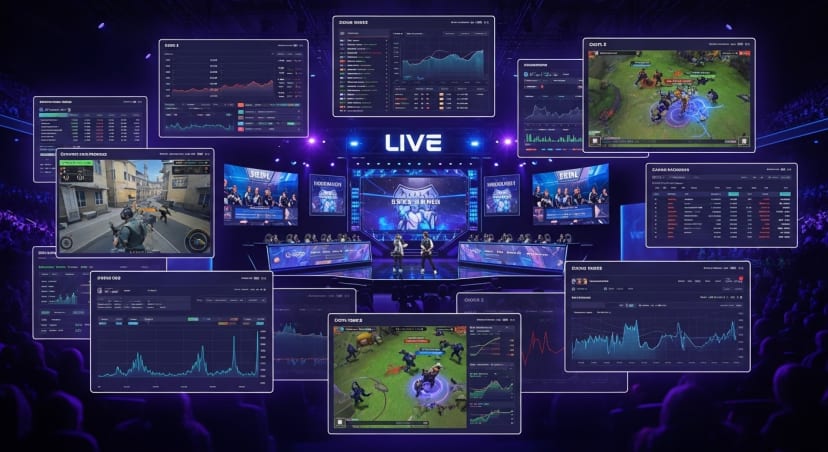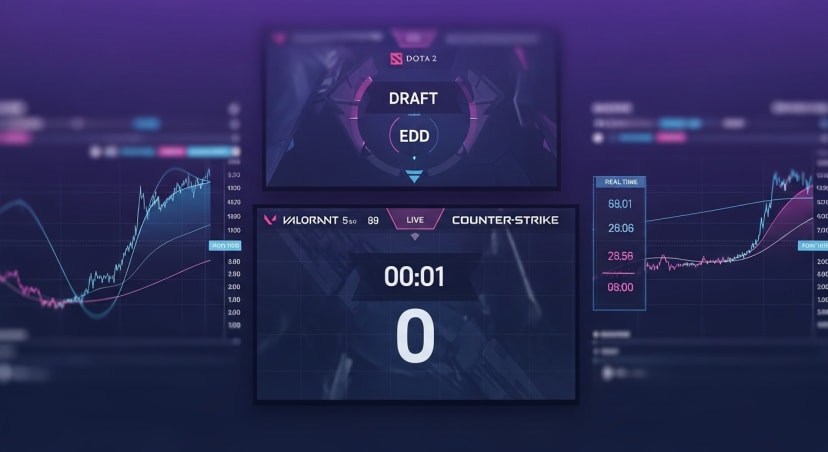Chess Titans Clash in High-Stakes Rapid Tournament

Recommended casinos
In a high-octane tournament where each game lasted just 10 minutes without increments, the competition delivered rapid-fire chess battles and surprising turns. Competing elite players clashed on the board, leaving fans in suspense with every move.
Key Takeaways:
- Arjun Erigaisi advanced by defeating Ian Nepomniachtchi but later faced a setback against Alireza Firouzja.
- Magnus Carlsen showcased a dominating performance by dispatching Nihal Sarin in only three games.
- The upcoming Finals will see Magnus Carlsen square off against Alireza Firouzja, while Arjun Erigaisi contests for third place against Hikaru Nakamura.
Semifinals Recap
Arjun Erigaisi secured a significant victory by defeating Ian Nepomniachtchi to reach the semifinals, proving his tactical prowess early on. However, his momentum was halted when he encountered Alireza Firouzja, who won their match with a remarkable 4-1 scoreline. In another gripping encounter, Nihal Sarin struggled against Magnus Carlsen, who won his match against Sarin in just three games. This rapid pace and strategic intensity are reminiscent of the excitement found in many modern competitive formats, much like esports games genres.
Team dynamics and strategic pressure in such tightly-contested matches bring to mind the organizational strength of elite gaming teams. In fact, Team Liquid's reflects how both individual brilliance and collective strategy are pivotal in high-stakes competitions.
Finals and Third Place Outlook
After these dramatic semifinal rounds, Magnus Carlsen now gears up to compete against Alireza Firouzja in the Finals, following his narrow yet decisive win. Additionally, Arjun Erigaisi is set to engage Hikaru Nakamura in the contest for third place, promising further excitement. Many fans see parallels between such unpredictable chess results and other fast-paced competitions, as esports games, where every move could pivot the outcome.
The tournament's structure, akin to the layered complexities of esports tournaments, underscores that every second counts. Moreover, the influence of high-level strategic planning isn’t limited to the chessboard alone, as demonstrated by esports organizations, where extensive planning and adaptability pave the way for success.
The rapid decision-making and dynamic play witnessed during this tournament not only elevated the competitive spirit of chess but also illustrated the growing parallels between traditional sports and the evolving landscape of esports. As we await the Finals and the third-place match, the tournament leaves its mark on fans and bettors alike with its blend of tension, rapid play, and strategic mastery.








